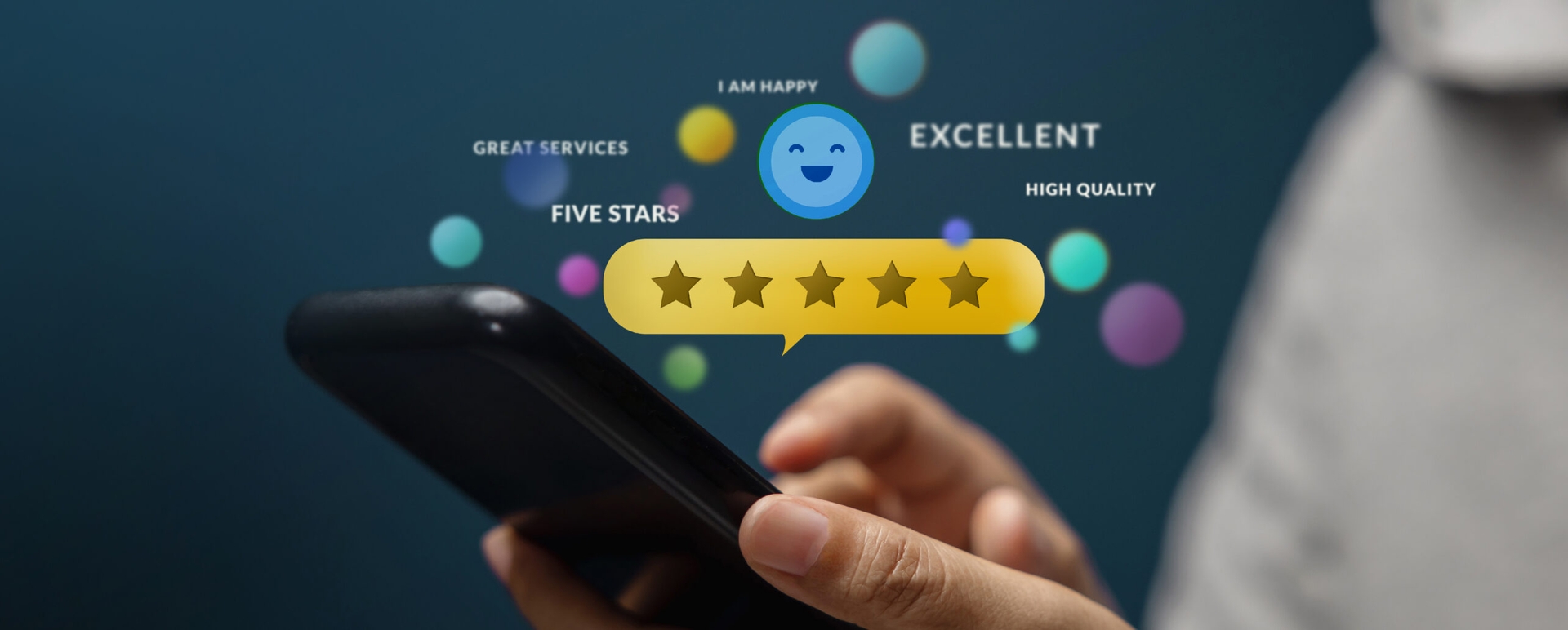Employers are constantly looking for new and innovative ways to improve their businesses. One way that some companies are doing this is by using employee personality testing. While some have strong faith in the positive effects employee personality tests can bring, some others remain unsure. Therefore, this blog post will discuss what employers need to know about employee personality testing, including its definition and some critical reasons why businesses should implement employee personality tests in their organizations.
What is an Employment Personality Test?
Employee personality testing is a process of assessing the personality characteristics of employees. This can be done through interviews, questionnaires, or other methods, more specifically called employee personality tests (EPT).
Also known as employment personality tests, EPT typically consists of a number of short multiple-choice questions which are used to analyze your personality. Employee personality tests use a psychological approach to measure and predict how suitable you are for different types of careers. They look at your behavioral style and offer insight into the types of careers that may suit you best, based on how others perceive your behavior. You can take employee assessments online or at a workstation.
About the purpose, employment personality tests are, as the name suggests, designed to assess your personality and then provide information on suitable careers that match your personality. The idea is that someone who scores well in a particular area would therefore be well suited to a job where their traits were required. For example, an “extroverted” person might be suited to a sales position because they are likely to enjoy the social interaction coming with it. The tests do not look at skills or experience but focus purely on personality type.
Why Shouldn’t Employers Underate Employee Personality Testing?
Personality tests provide several benefits for businesses when it comes to hiring and managing employees. These tests provide accurate and reliable information about whether a job candidate is the best fit for the position and possible career paths within an organization. With this in mind, here are some of the specific benefits that employee personality testing can provide:
Help Match Job Demands with Candidate Capabilities
Personality assessments provide information about a candidate’s preferred skills, abilities, and interests, as well as their potential career paths. This allows employers to learn which job demands will match the capabilities of a given candidate. When used correctly, this can reduce turnover and increase employee satisfaction and effectiveness because employees are able to work in a position that best utilizes their skills and interests. By reducing turnover, organizations can boost productivity and save money otherwise spent on employee training.
Help New Employees Get Up to the Speed Faster
Personality assessments can help new hires get up to speed faster because they will understand more clearly how they fit into the organizational culture and what they can do to be more effective on the job. These assessments can help employees learn about what their strengths and weaknesses lie and how they prefer to interact with others so that they can better understand how to perform in the organization.
Reduce Turnover
Turnover is expensive for any organization, but personality assessments can help reduce turnover rates. When employees feel better matched to their job duties and have a better understanding of how they can be most effective, it’s easier for them to adapt to the organization’s culture and become more productive on the job. This increases employee satisfaction and reduces turnover rates because employees are more likely to stay with an organization when they understand what they need to do to be successful.
Help Manage Conflicts
Personality assessments can help employers manage conflict because employees can better understand their coworkers and what triggers disharmony in the work environment. For example, an employee may have a high need for achievement, but a coworker may have a low demand for achievement – creating tension between the two employees that can reduce productivity if left unresolved. With personality assessments, employers can learn about these types of issues and help employees find ways to work together better to be more productive overall.
Boost Productivity
Employees are able to do their best work when they are in positions that match their skills, abilities, interests, and values. When these elements are well-matched, employees feel more motivated to do their jobs and are able to work with greater focus because they enjoy the work they’re doing. This leads to increased productivity, increased engagement, increased job satisfaction, and lower turnover rates.
Provides Valuable Feedback for Performance Reviews
Employee personality testing can provide valuable feedback for performance reviews by giving employers insights into how employees are likely to function in different types of job situations. This can make performance reviews more accurate and reliable because employers will have concrete information about what behaviors are most effective in which cases. The information gained from personality assessments can help employees be more successful on the job, making them more satisfied with their work and less likely to leave.
Create a Harmonious Workplace
Personality tests can create a more harmonious workplace by allowing employers to better understand how employees are likely to behave in different situations and work best with others based on their individual personalities. This enhances the employer-employee relationship, which makes employees happier and more satisfied with their jobs, and also increases productivity and improves organizational culture.
Foster Diversity Awareness and Cultural Competence
Organizations that use employee personality tests can foster diversity awareness and cultural competence because it allows employers to better understand how different cultures interact with one another. This leads to greater understanding between employees of different cultural backgrounds, which makes the work environment more harmonious and productive.
Identify the Underlying Causes of Performance Issues
Personality tests can identify the underlying causes of performance issues, which allows employers to take action in real-time when employees are struggling because they don’t fit well with their job or team members. This increases organizational effectiveness by making it easier for managers to recognize problems that can impact the organization and provide support before issues become serious or costly.
Increase Insight into Employee Strengths and Weaknesses
Employee strengths and weaknesses are often challenging to discern when managers rely on feedback they’ve received from other employees because it can be biased, vague, or misleading. Personality assessments give employers more accurate information by evaluating employees based on reliable measures that are not influenced or affected by other group members. This increases managers’ understanding of their employees, which leads to better hiring decisions, greater success rates in performance management, and improved team management overall.
Top 7 Optimal Employee Personality Testing Methods Employers Must Know
Are we clear and persuasive enough about the vital role of an employee personality test in business management? If yes, then you should consider seeking the most appropriate option of employee personality test for your business based on your needs. Currently, there are plenty of personality tests used for HR management with various features and different levels of quality. Here, we filter some of the most common ones for you to consider:
bravoGROWTH
This is one of the four core features bravoSUITE provides. bravoGROWTH is a personal reflection testing tool that enables both employers and employees to explore the true potential, motivation, and drive of a candidate. This employee personality test is developed based on RIASEC and MBTI testing methods. In addition, the test is built with advanced matching software by bravoSUITE. With this testing tool, employers can precisely assess their employees to explore true strengths and assign them to suitable positions. Moreover, it is such a big help for the HR department to evaluate the potential candidates and make better hiring decisions. On the other hand, bravoGROWTH’s personality tests are also beneficial for employees in self-reflection and career direction.
The Caliper Profile
The Caliper Profile is a well-known personality test, which is used by almost all employers across the globe. It consists of a set of tests that are specially designed to measure your intelligence and personality traits. These intelligence and personality traits decide how smart you are as an individual, along with how you behave with other people. The test also measures your ability to handle stress.
Predictive Index (PI) Behavioural Assessment
The Predictive Index (PI) Behavioural Assessment is basically a test that measures and predicts your emotional intelligence and your potential to perform in the work environment. It also gives insights into how you would handle working with others, what are your personality traits apart from just being intelligent, how well do you handle stress at the workplace, etc.
Myers-Briggs Type Indicator (MBTI)
The Myers-Briggs Type Indicator (MBTI) is a test that assesses your psychological preferences and is based on the work of Carl Jung. It basically gives insights into how you perceive and think and how you look at the world around you. This helps an employer understand how work would need to be approached for certain individuals and what kind of culture they would need to adopt in order to motivate them.
DISC Assessment
The DISC Assessment is a test that measures your behavior, what motivates you to act the way you do and how you deal with other people. It gives employers insights into which situations would motivate certain individuals and how they will react to them; for example, if an employee tends to be highly motivated by status or money, this test would make it clear to the employer what they can do to motivate that person.
Situational Judgment Test (SJT)
Unlike other tests, which are more focused on measuring your potential, the Situational Judgment Test (SJT) is all about measuring you as a whole. It tells an employer how good you are at making decisions based on certain situations that they set up for you. By asking questions related to day-to-day work life, it depicts what kind of a decision-maker you are and how good you would be at the job.
The SHL Occupational Personality Questionnaire
The SHL Occupational Personality Questionnaire is designed to measure your behavior and how you would be in the workplace. It tries to find out what motivates certain individuals, what kind of environments they prefer working in, etc. It also tells an employer about specific personality traits for different jobs; for example, it tests traits like creativity, leadership qualities, etc. to determine whether an individual would be a good fit for the job or not.
Conclusion
In a nutshell, an employee personality test is a questionnaire designed to reveal information on the mood and attitude of a person in a certain situation. It does this by assessing your thinking style, behavioral traits, emotional intelligence, and/or personal preferences. A good test will be able to accurately measure these factors so that employers can make well-informed decisions when it comes to hiring and promoting employees. With the information covered in this article, we expect that you can understand the role of employee personality testing within your organization and come up with the right choice for your workplace.




